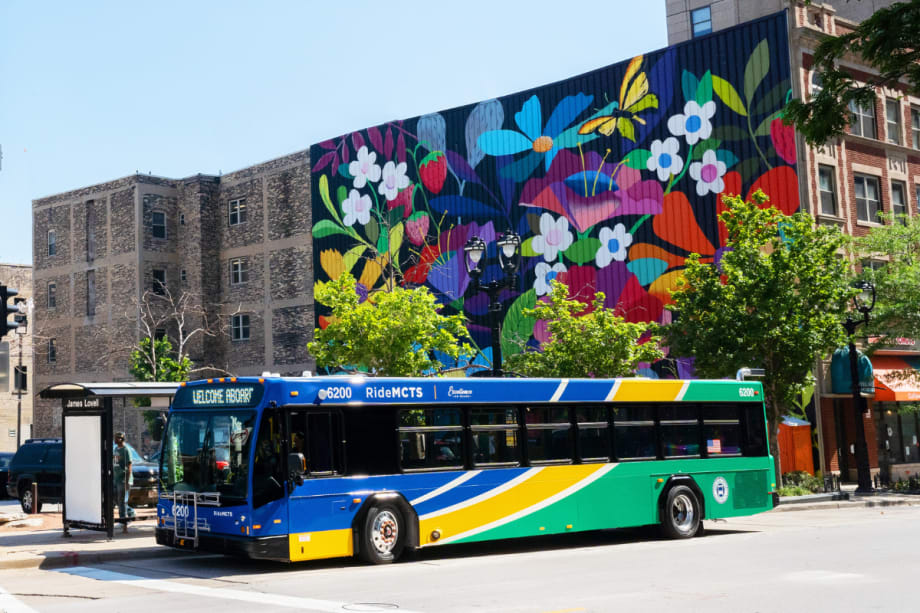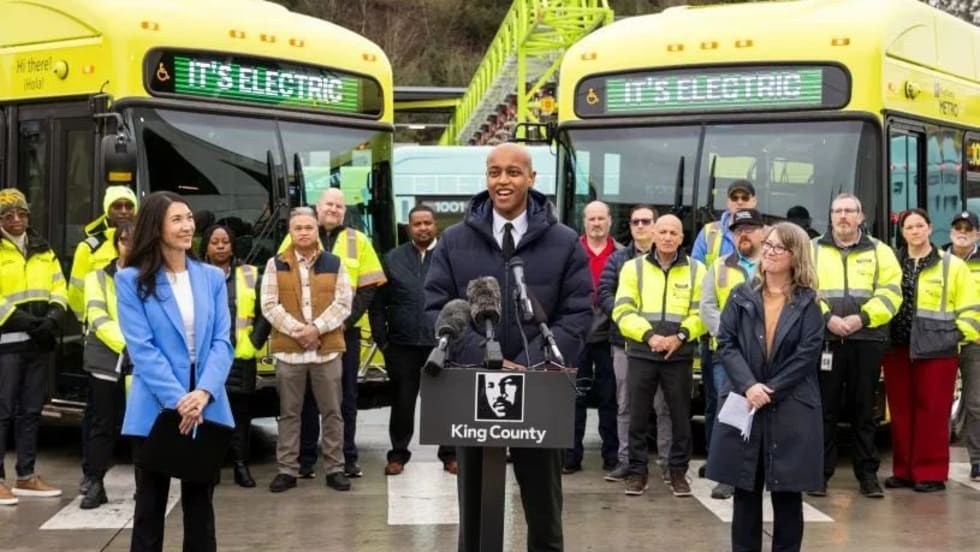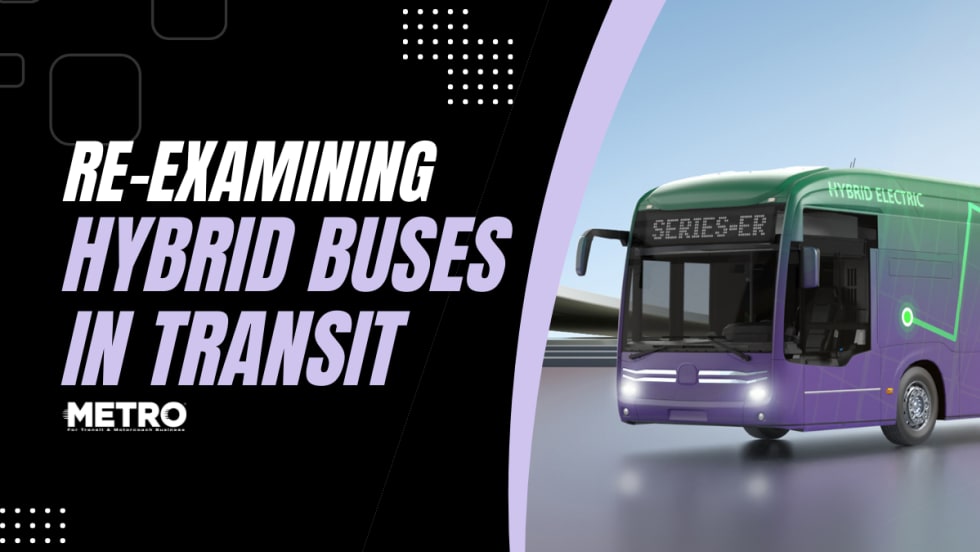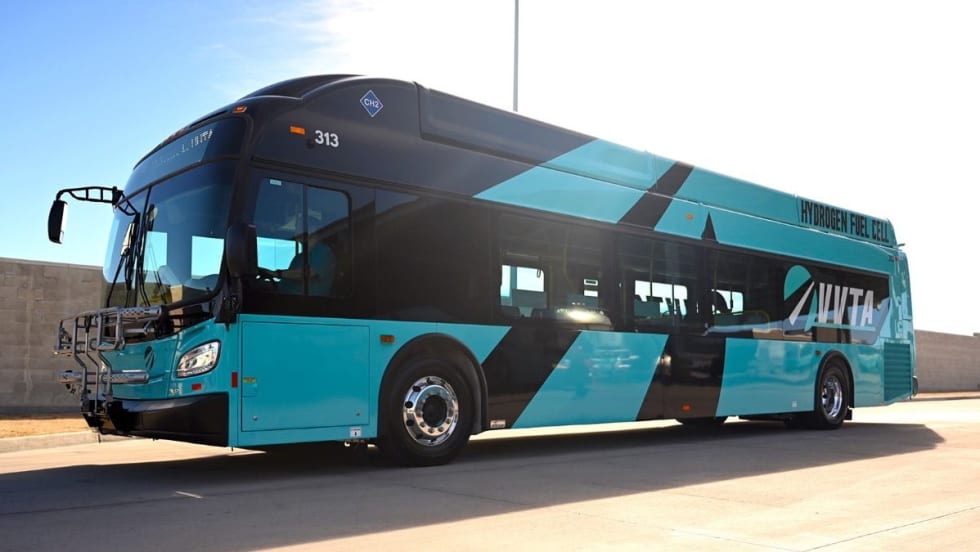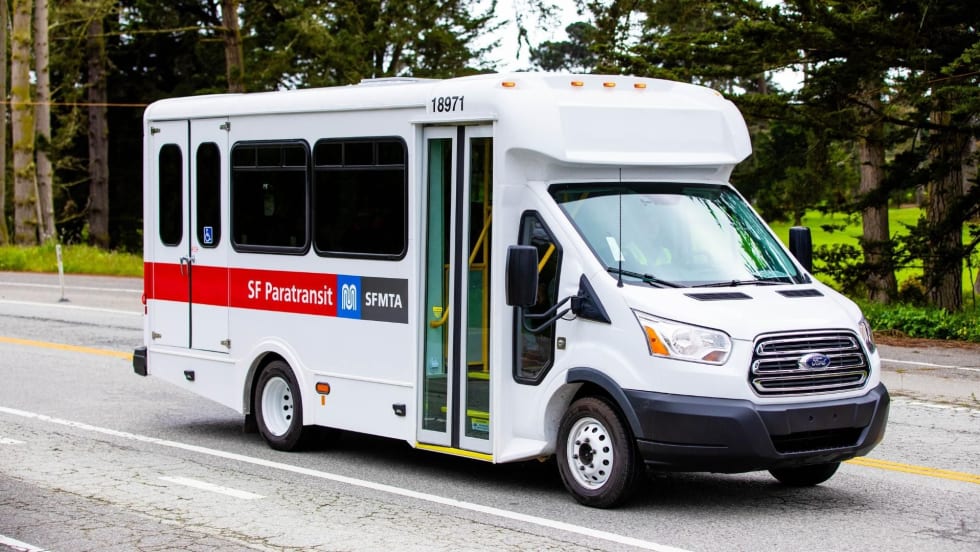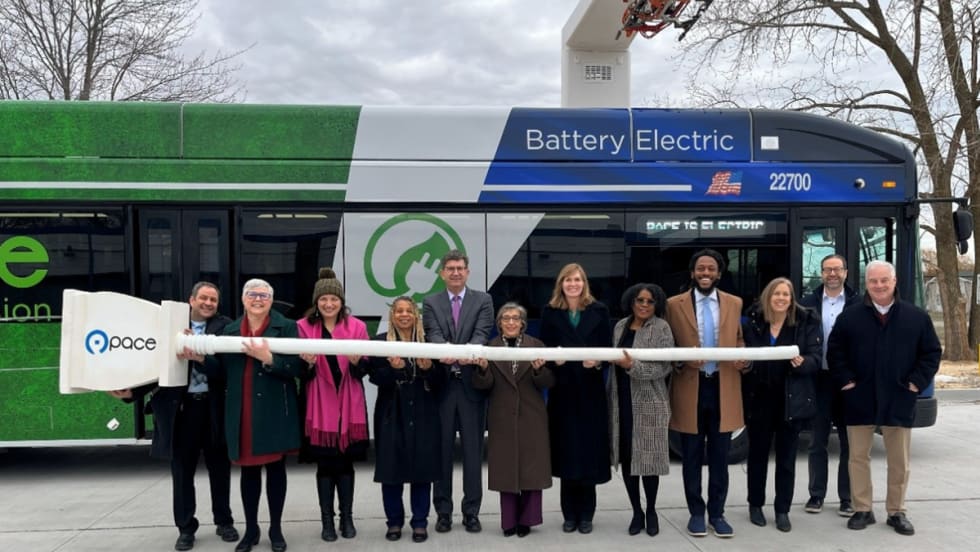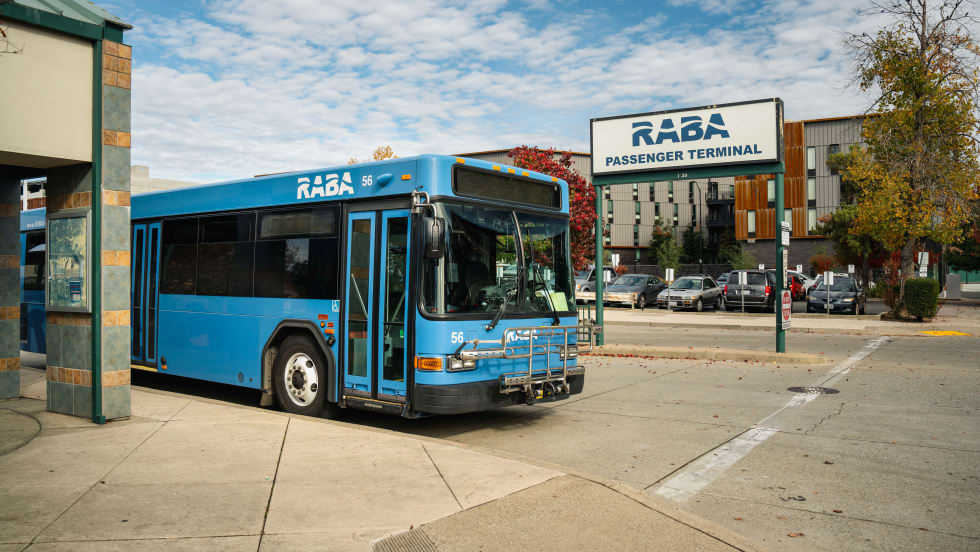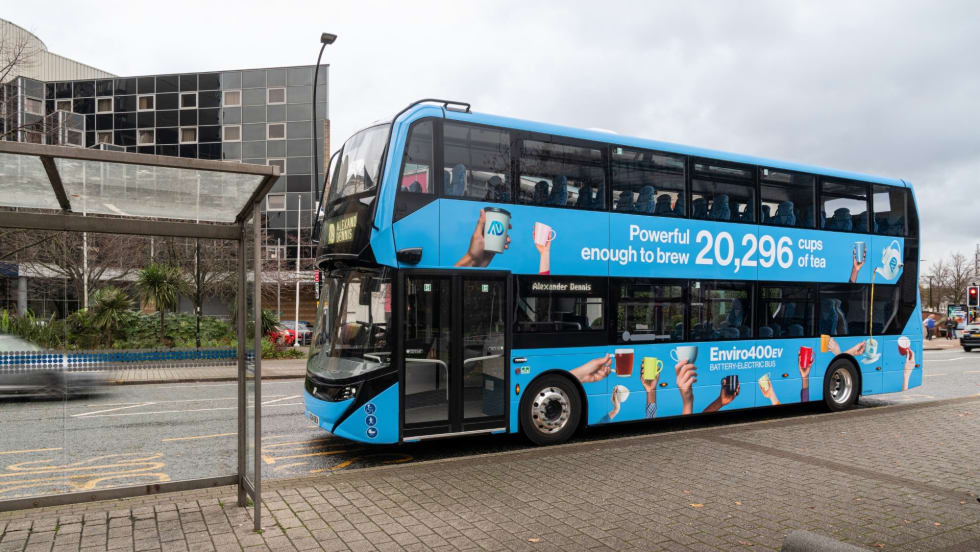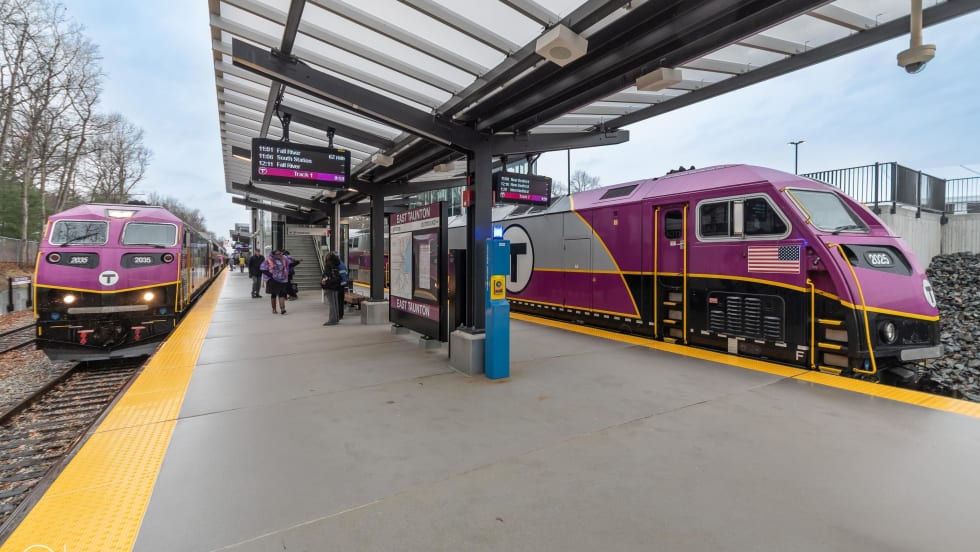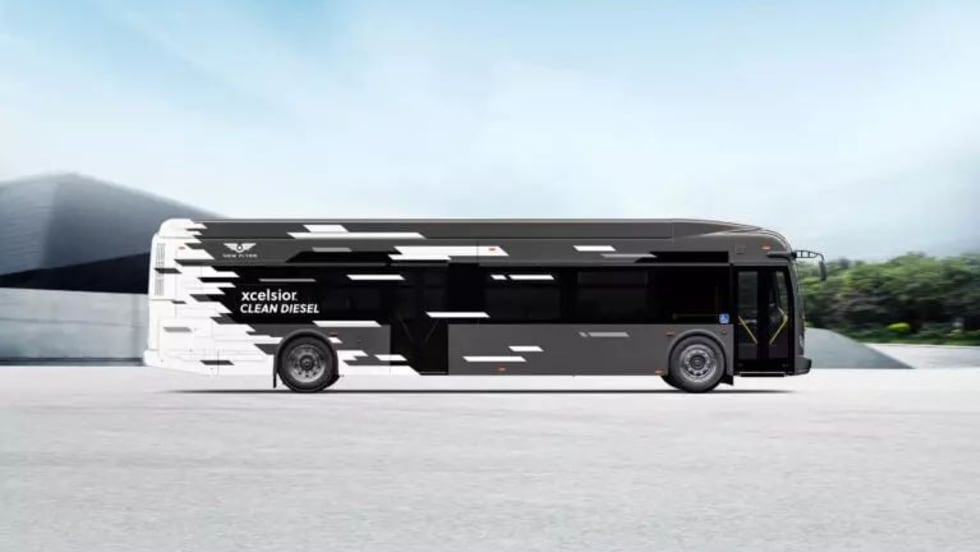Milwaukee County Transit System (MCTS) announced the arrival of 73 new clean diesel buses resulting from federal and local funding sources.
The investment in more fuel-efficient and cleaner air buses enables MCTS to continue transforming its fleet in alignment with Milwaukee County’s health and environmental sustainability initiatives. MCTS will retire 73 buses federally recognized as past their useful life, replacing each with an advanced clean diesel bus by fall.
Denise Wandke, interim managing director of MCTS, thanked legislators for their efforts to help modernize Milwaukee County’s fleet, promote cleaner air, and address the climate crisis through transit investment.
“This is the work of our regional FTA office, Congresswoman Gwen Moore and U.S. Senator Tammy Baldwin, Milwaukee County Board of Supervisors and the Southeastern Wisconsin Regional Planning Commission (SEWRPC) in supporting Milwaukee County’s applications for funding,” said Wandke. “Our riders and the entire community will benefit from more environmentally-friendly transit.”
Wandke outlined the formula grants for the funding appropriated for the purchases:
“Clean air is a key component to giving residents’ every opportunity to enjoy good health. If simply walking outside your front door puts you at risk of breathing harmful toxins, it makes it much more difficult to manage your individual health,” said David Crawley, Milwaukee county executive. “Often, air quality is worse in communities of color which have historically been underserved when it comes to environmental protections. “In Wisconsin, Black residents face the largest disparity being exposed to about 41 percent more particulate pollution than the average resident. Elevated exposure to particulate matter air pollution shortens lives, increases cancer risks, and contributes to heart attacks, respiratory problems, and strokes. By replacing aging buses with new, more efficient ones we’ll improve air quality on our neighborhood blocks for all our residents.”
The new 6100 and 6200 series joining the MCTS fleet meet all federal emission standards. They are equipped with a filter designed to remove particulate matter or soot from diesel emissions. Other features are consistent with the 28 new Gillig buses welcomed in 2019, including improved fuel economy, lower emissions, optimized driver visibility, anti-slip flooring, digital display signs, and a stainless-steel understructure designed to reduce salt corrosion. The buses also have heated side mirrors which will help melt snow and ice.
All 334 buses in MCTS’s fleet are now clean diesel.




